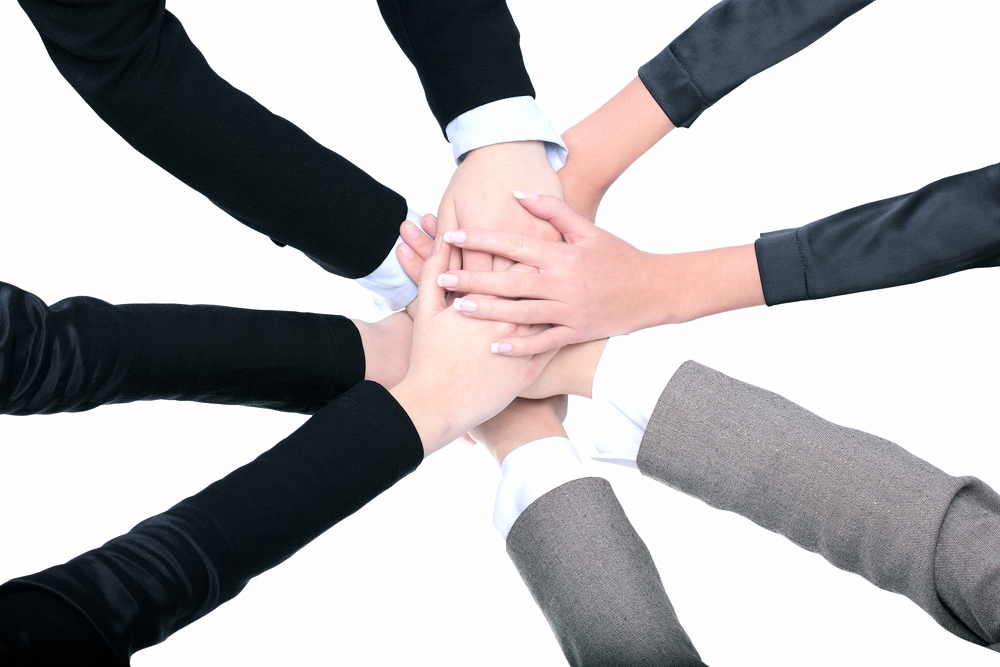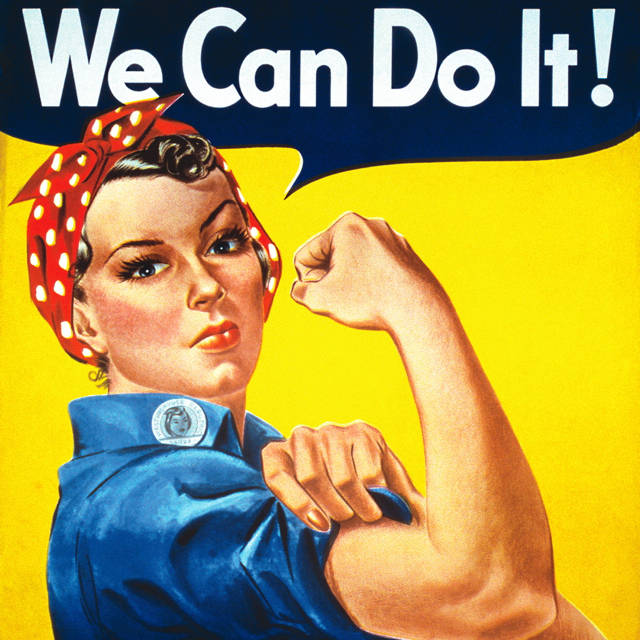Kaitlyn Loft is a Country to Canberra teen blogger.
Loft is a Country to Canberra teen blogger.
Feminazi, man-haters, extremists – when the word ‘feminist’ carries such negative connotations, it’s no wonder that parts of society feel alienated and attacked by a movement that’s actually defined by equality and created by common sense. To some, feminists have been reduced to irrational women, to the punchlines of jokes, to a media stereotype, which makes it that much harder to enact the social, political and economic change needed in society.
There are several reasons behind the negative stereotypes of feminism and why some women reject the concept, particularly with those who already possess the privileges that come with being Anglo-Saxon and middle class. These people are inclined to believe that feminism is unnecessary just because they, personally, don’t need it. Maybe that’s because they aren’t a part of the 1 in 6 women who are physically and sexually assaulted by their former partners*, or they can’t see the 18.8% gap between the weekly earnings of men and women, and perhaps some can’t empathise with the racism and issues that are endured by many women of colour.

Just because some women are comfortable with their lives doesn’t mean they don’t need feminism. For years, that’s exactly what we, as a society, have needed. Without feminism, women wouldn’t have the power to vote or be able to claim their own basic human rights of freedom, safety and speech. The comfortable, privileged position that some women hold has only been obtained through hundreds of years of work by the feminists they regard as unnecessary in modern society.
There’s another issue that might explain some people’s rejection of feminism – and it’s not because feminism is rejected outright, but because a misconstrued version of it is condoned. ‘White feminism’, as it is known, is often guilty of excluding the presence, achievements, and issues of women of a different race and cultural identity. The fact that ‘white feminism’ is so mainstream, where a celebrity only has to mention the gender pay gap and be hailed as a feminist pioneer of the 21st century, presents a problem regarding alienation and exclusion.
Alienation can also create a problem for rural communities. Rural communities can be frustrated by their exclusion from metropolitan society. Although social media has eased the restriction of information, I feel a lot of the feminist literature that rural communities see is white feminism, which is stereotyped and excludes women who aren’t white themselves.

Feminism is a complicated and personal issue for many people, including for those who identify as feminists. It covers a broad variety of issues, including equal pay, abortion, rape culture, and works towards deconstructing toxic gender norms and stereotypes that can also negatively affect men, as well as intersecting with issues of racism, homophobia and transphobia.
The foundation of feminism is the belief that a feminist is “a person who believes in the social, political and economic equality of the sexes”, as put by Chimamanda Ngozi Adichie in her Ted Talk, ‘Why We Should All Be Feminists’. Feminism is not about putting women a box. It’s about having the freedom to express ourselves in whatever way we choose and it’s about giving women, who are deprived of this, the voice and ability to do so. It’s important that we’re aware of white feminism. It’s also important for everyone to understand that feminism is a movement that is, fundamentally, about equality, for the benefit of women and society as a whole – so the question we should be asking is, why aren’t you a feminist?
*Statistics from Australian National Research Organisations for Women’s Safety. Figure from 2012.
You can learn more about Kaitlyn here.

